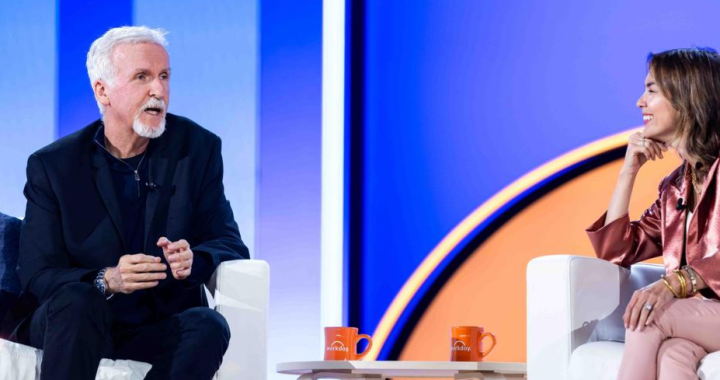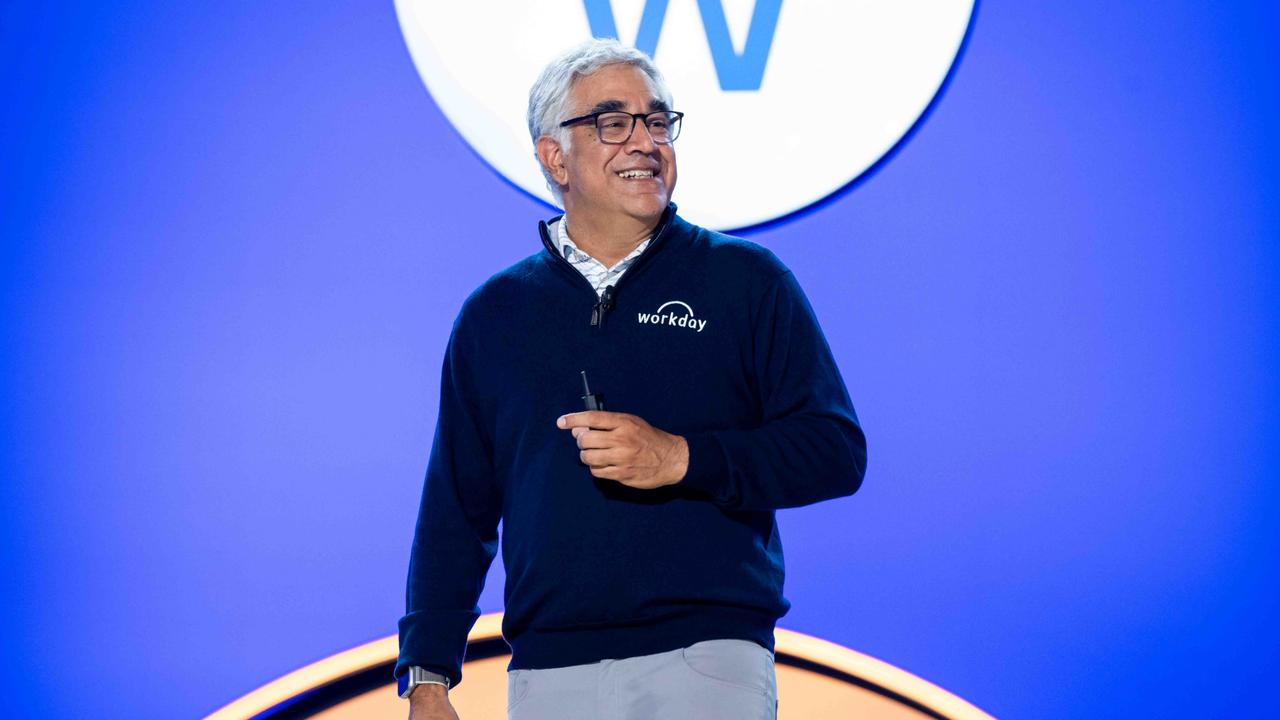Workday has announced a rollout of new generative AI applications that aim to automate the operation of corporations worldwide.
Applications will generate job descriptions based on defined skill sets, analyse and correct the fine print of contracts, draft personalised letters to employees about company policies, and automate the creation of notices for overdue bills, taking into account the tone to be used.
Managers can create a summary of employees’ strengths and areas of growth, based on performance reviews, employee feedback and skills, and generate statements of work for faster procurement of services.
Generative AI can also help companies create their own apps using a “developer co-pilot”, a text-to-code feature for building finance and people management apps in-house.
Workday says the new generative AI applications will be available in six to 12 months.
Formed in 2005, the California-based firm has come a long way from providing basic human resource services such as payroll and leave tracking to offering automation using AI to more than 10,000 organisations.
“With the power of artificial intelligence and machine learning, and an ecosystem of industry-leading partners, we are writing the playbook for the way the future works,” said Carl Eschenbach, Workday co-CEO.
Co-president Sayan Chakraborty said generative AI could transform work as we know it. “When applied responsibly, it has the power to elevate performance and to free up time to focus on the valuable work we really want and need to be doing.”
Workday says its AI models have been trained on more than 625 billion transactions processed each year.
Businesses can choose to upload or not upload anonymised data for AI training purposes.
It comes as technology rivals march into the AI space.
Microsoft this month quietly launched its AI “copilot” platform at several of Australia’s biggest companies, including NAB, AGL and Suncorp, a move that aims to generate tens of billions of dollars in savings.
Workday made its announcements at the start of its three-day Workday Rising conference in San Francisco. Its keynote saw founding CEO Aneel Bhusri hand over the reins to successor Carl Eschenbach, saying “Don’t screw it up”. Mr Eschenbach formally takes over in February.
The company’s hour-long keynote address was mainly theatre, with a video address by rock legend Billy Idol, who featured in Workday’s Super Bowl ad, and an interview with pioneering cinematographer James Cameron of Terminator, Titanic and Avatar fame, who seems set to add generative AI techniques to his large creativity toolbox.
Workday’s HR management system is based on matching the skill sets of employees with jobs to find suitable candidates.
Employees can discover promotional opportunities based on their current skills and gain new skills for career advancement. Managers can identify talent from across an organisation when they assemble teams using a managers’ insight hub, says Workday.
At an earlier “responsible AI” workshop, the company said there were “guard rails” around its use of AI and cited security, privacy and the removal of AI bias as paramount concerns.
Workday said it would never use video surveillance or covert measures when collecting data.
Victoria Espinel, CEO of the Business Software Alliance, said the path taken by Europe towards regulating AI was “a good one”, a view at odds with some of the world’s tech giants, which have paid billions of dollars in fines to the European Commission.
At a second keynote, Workday discussed predictive AI forecasting for decision making, such as forecasting the staff needed in a store and recommend rostered times based on analysing past foot traffic, weather and other factors.
Software was designed to be simple to use, often with drag-and-drop functionality.
Chris Griffith travelled to San Francisco as a guest of Workday. Published in The Australian.

